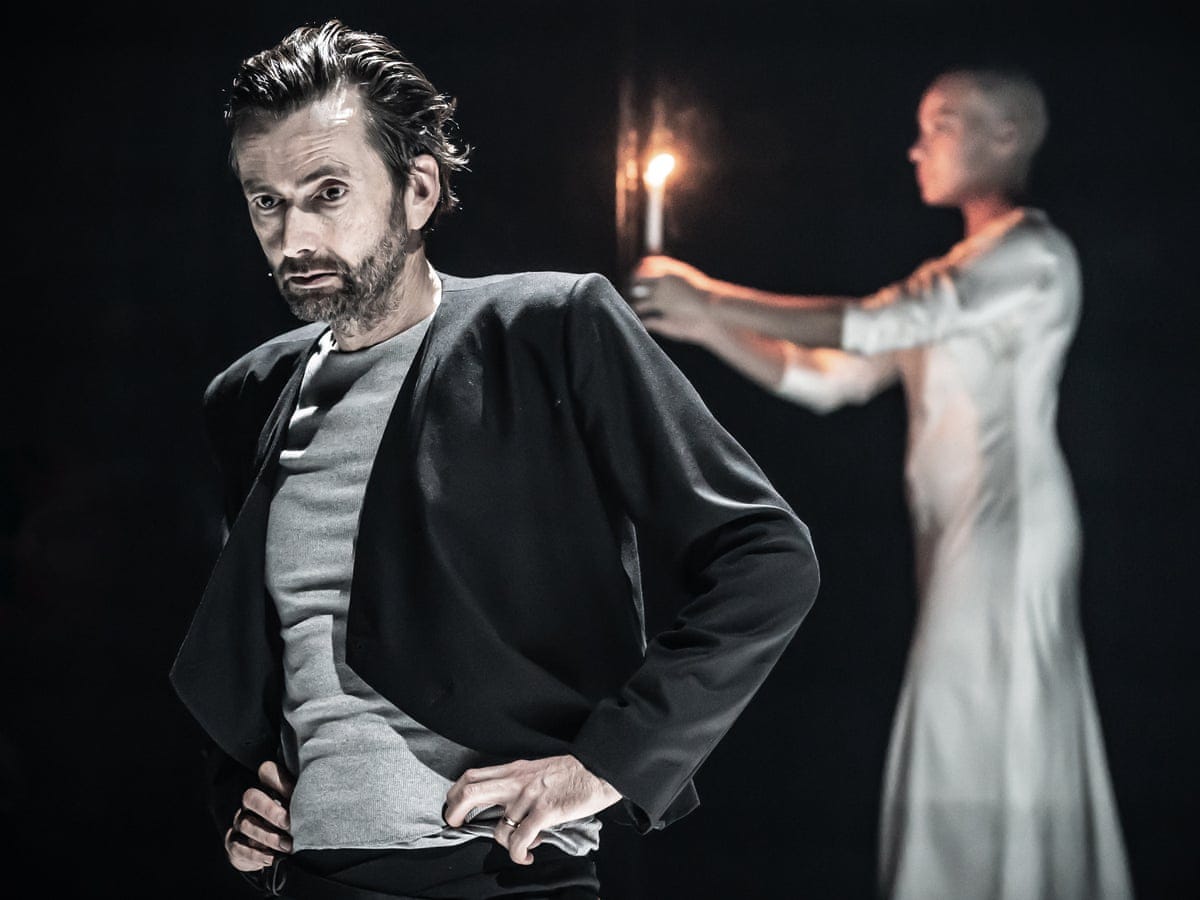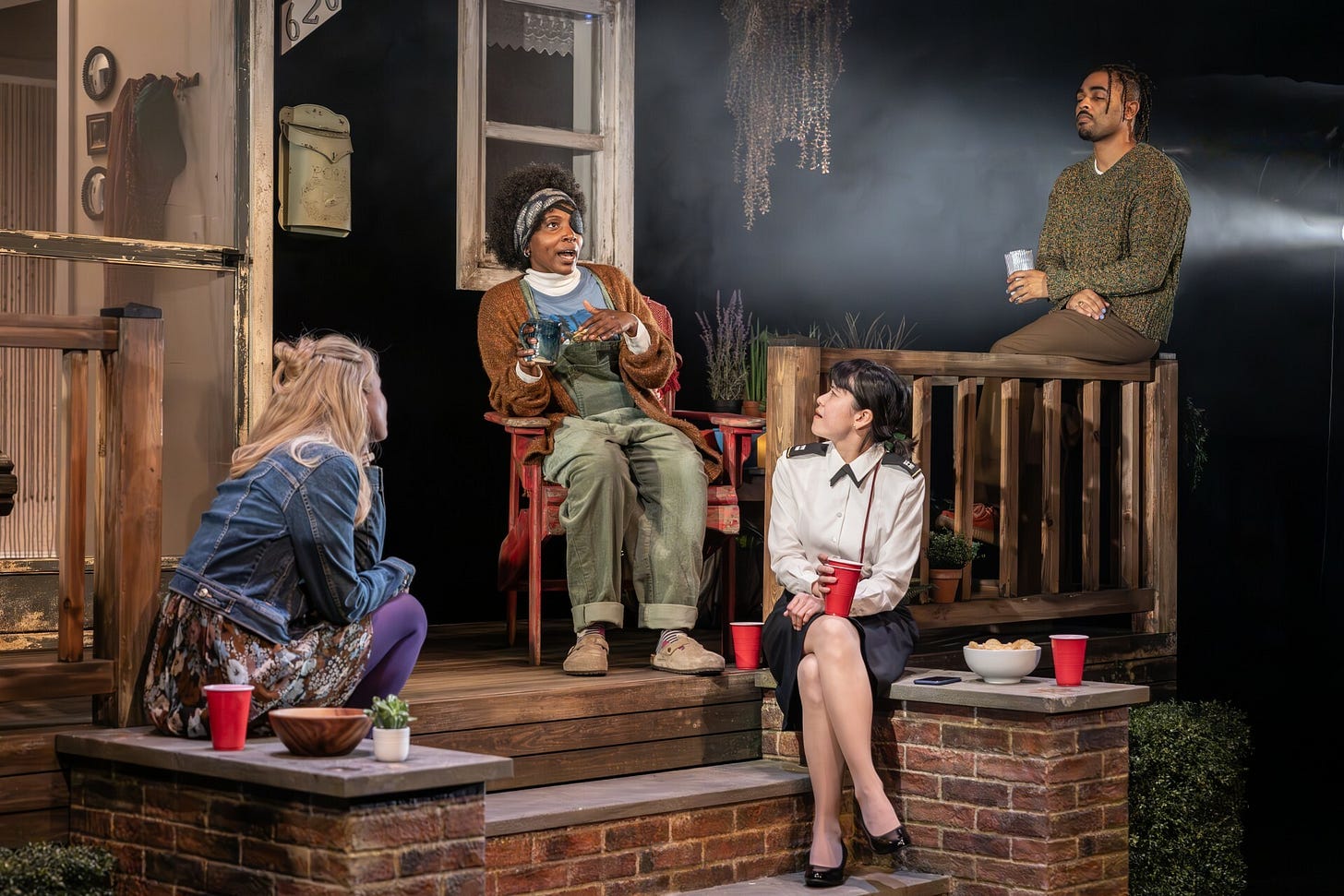SPOILER ALERTS: Netflix’s No. 1 hit show has sparked legal and moral debates over masking real identities in true-crime stories. The show follows a depressed Scottish barman called Donny, played by and based on the real-life experiences of Richard Gadd, as he becomes enmeshed in the life of a female customer, Martha, who is stalking him, sending him more than 41,000 emails, 350 hours of voicemail, 744 tweets, 46 Facebook messages, 106 pages of letters and torpedoing his other relationships. Donny, whose bar work supports his failing comedy career, was previously taken under the wing of a seasoned media veteran at the Edinburgh Fringe. Seduced by the promise of mentorship and industry connections, Donny starts taking drugs with the producer, whose predatory behaviour becomes increasingly menacing. Donny is sexually assaulted by him many times, often while barely conscious, and eventually raped in a raw and brutally stomach-turning scene.
Despite its shocking substance, the show is terrific. Each 30-minute episode is like a throbbing panic attack - the characters are ultimately flawed by their own damaging experience. The struggle between Donny’s self-loathing and his self-esteem in one monologue makes the sixth episode of Baby Reindeer one of the best things I’ve seen in months.
However, beginning each episode with ‘This is a True Story’ has caused all sort of issues. Did Netflix think this through? While Gadd was clear in his mission to protect the real-life people on which he based the Baby Reindeer characters, fans have had other ideas. It took users on X/Twitter just days to discover the real identity of Martha who now has people camping outside her home. Internet sleuths, media outlets and TikTok creators’ investigations attempting to discover the identity of Teri (Gadd’s trans girlfriend in the show) as well as a rape perpetrator have been more sinister, with Gadd leaping to the defence of producers he has worked with who have been falsely accused.
It wasn’t long before the real Martha spoke with The Daily Mail about what’s happened to her since the release of the show - she says she is now considering legal action. She also claimed Gadd has “main character syndrome.” Netflix and Clerkenwell Films (the producers) do have some serious safeguarding questions to answer. Even admirers of the show suggest it should not have been made. Yet Michaela Coel’s huge critical hit, the BBC I May Destroy You, was another popular drama depicting a real-life trauma - but it worked with compliance standards to protect real identities.
Shows To Book Now
The Years by Stephanie Bain, directed by Elaine Arbo at The Almeida, Sat 27 Jul - Sat 31 Aug 2024
Internationaal Theater Amsterdam’s new Artistic Director Eline Arbo directs an inventive stage adaptation of Nobel Prize winner Annie Ernaux’s critically acclaimed masterpiece The Years. Five different actors bring a woman’s personal and political story to life, set against the backdrop of a rapidly changing post-war Europe. Might be quite ‘theatrey’. Adapted by Stephanie Bain - the Almeida’s literary manager.
Macbeth at Harold Pinter Theatre, 1st October- 14th December
Something wicked hits the West End this autumn. David Tennant’s brilliant Macbeth transfers from the Donmar to the West End. Tennant earned an Olivier nomination for best actor for this portrayal - it is mic'd up with the audience wearing headphones throughout so not a syllable is lost. I loved it.
Why I Stuck A Flare Up My Arse For England at The Southwark Playhouse
No intro needed.
Reflections
American Fiction on Amazon Prime
An Oscar winner, American Fiction’s UK release went slightly under the radar - the film juggles its sorrowful realism with wild farce. It centres on Monk, an English professor at a US university who, refuses to indulge what he sees as clichéd postmodernist race theory. Furious at the success of other Black writers who do believe in race and exploit every cliché about it to the hilt, he decides to hit back at the whole publishing world by writing a fiercely satirical, irredeemably ridiculous version of these supposedly realistic novels, born of true life. There is a brilliant scene where we see Monk writing. He sits at his desk, and in front him are the two stereotypical black characters he is inventing; it’s sardonic and very funny
London Tide at The National Theatre
Directed by Ian Rickson, Ben Power has adapted Dickens’s mighty Our Mutual Friend into a musical; the play, in its study of social mobility, abandons Dicken’s satire, and takes up a darker, bleaker mood. It’s really a story about London - the songs chant “and death and resurrection”. The action focuses on Bella Wilfer (the wonderful Bella Maclean), an impoverished woman betrothed to an unknown rich man, presumed dead when his body is pulled out the Thames. The acting is universally impressive and Bunny Christie's set plunges us in Victorian London with very little effort.
The songs, however, were a bit of a letdown - I found the lyrics flat and repetitive and the score a bit awkward to listen to, the earnestness clashing with Dickens’ original savvy wit. What in the novel emerges from depth of character, sometimes turns into shadow pantomime, most notably in the evil schoolmaster Bradley Headstone - the Uriah Heep of the novel. Overall, Rickson’s production is stunning though not without some sticky spots in places.
The Comeuppance at The Almeida
The American playwright Branden Jacobs-Jenkins returns to the London stage with The Comeuppance, which director Eric Ting first staged last year in New York. Set at the pre-game drinks for a school reunion 20 years after graduation, it’s a surreal study of friendships in flux and the passage of time. Yet Jacobs-Jenkins’s surprises are of an unusual order. He surrounds down-to-earth encounters with a nimbus of otherworldly uncertainty and ultimately death. An enjoyable mystical evening.












Baby reindeer was one hell of a show. Such an uncomfortable but exhilarating experience - both for us and him
One of my favorites!